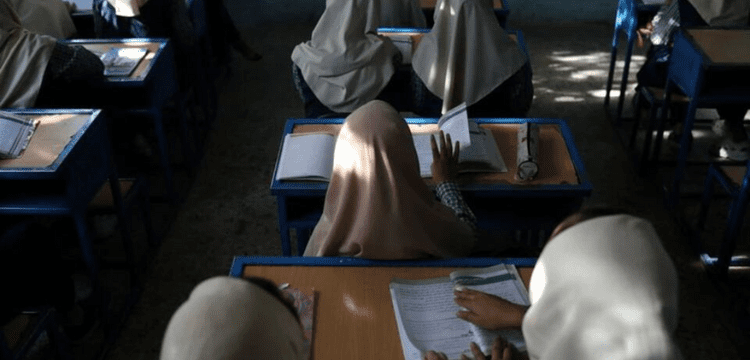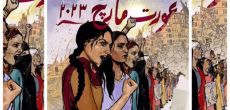[vc_row][vc_column][vc_column_text dp_text_size=”size-4″]The health minister reported “minor poison” attacks on hundreds of Iranian girls in various schools during the past few months. Some MPs speculated that the attacks may have been the work of religious organisations opposed to females’ education.
The attacks occur at a crucial time for Iran’s clerical authorities, who have been dealing with months of anti-government rallies since a young Iranian woman died while in the care of the morality police, who strictly enforce dress restrictions.
Starting in November in Iran’s Shia Muslim holy city of Qom, the poison attacks at more than 30 schools in at least four cities led some parents to withdraw their children from school, according to official media.
Social media posts showed some hospitalised schoolgirls, who said they had felt nauseous and suffered heart palpitations.
“Investigating where this mild poison comes from … and whether it is an intentional move are not within the scope of my ministry,” Health Minister Bahram Einollahi was quoted as saying by state media.
His deputy, Younes Panahi, said on Sunday “it was found that some people wanted schools, especially girls’ schools, to be closed”, according to IRNA state news agency.
One boys’ school has been targeted in the city of Boroujerd, state media reported.
Lawmaker Alireza Monadi said the existence of “the devil’s will” to stop girls from going to school was a “serious threat”, according to IRNA.
He did not elaborate, but suspicions have fallen on hardline groups that operate as the self-declared guardians of their interpretation of Islam.
In 2014, people took to the streets of the city of Isfahan after a wave of acid attacks, which appeared to be aimed at terrorising women who violated the country’s strict Islamic dress code.
Reformist lawmaker Azar Mansoori tweeted, “A group of reactionaries would not have ganged up on our innocent ladies in the schools today if operatives of the acid attacks had been recognised and punished then.”
Senior religious leaders, legislators, and politicians have criticised the government for doing nothing to stop the chemical assaults and for providing conflicting justifications. They have also warned that anger among families may spark new protests.
Senior cleric Mohammad Javad Tabatabai-Borujerdi was quoted by state media as saying, “Officials are offering contradictory comments… one says it is purposeful, another says it is security-related, while another official blames it on schools’ heating systems.”
Such claims exacerbate public suspicion of the elite.
A court investigation into the cases of poisoning is ongoing, according to state media.[/vc_column_text][/vc_column][/vc_row]











